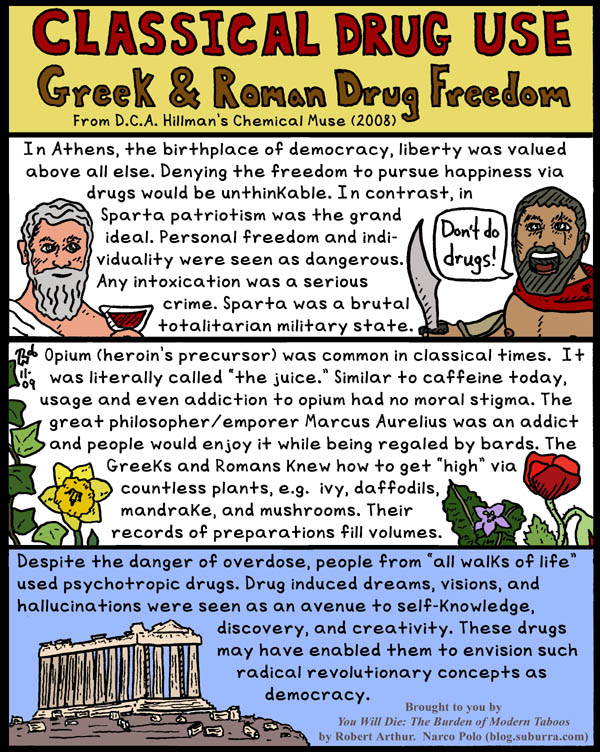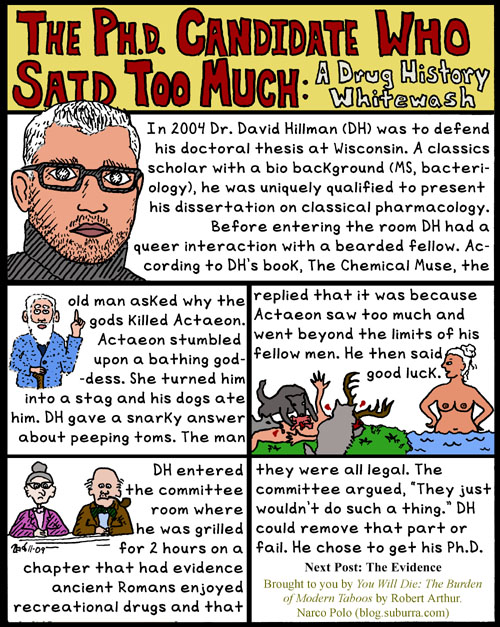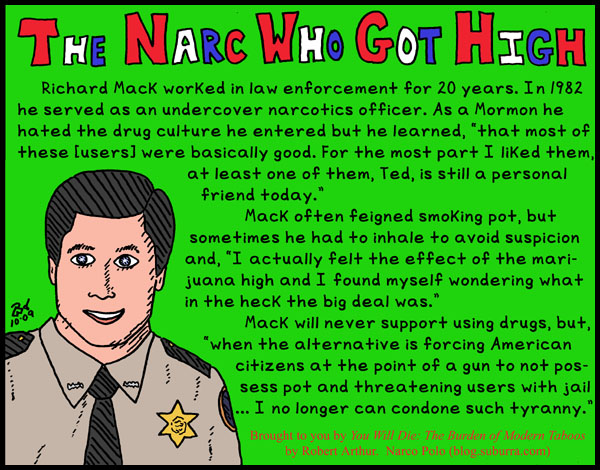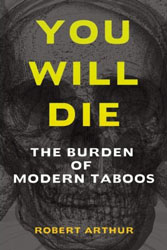Posted: November 16th, 2009 | Filed under: alcohol, drugs, hallucinogens, heroin, history, legalization, mushrooms, opiates | 12 Comments »

As Dr. David Hillman writes in his book, The Chemical Muse (2008):
The Greeks and Romans used opium, anticholinergics, and numerous botanical toxins to induce states of mental euphoria, create hallucinations, and alter their own consciousness; this is an indisputable fact. (p. 87)
This fact has been intentionally ignored and covered up by historians. (See previous post.) Recreational drugs have been translated out of classical literature in the same manner as bawdy sexual references were until recent decades.
This has occurred with individual words. Opium has been translated into poppy seeds even where it makes no sense. But it has also occurred with entire concepts.
Drugs, Sex, Magic
Classical literature abounds with sorcerers, magicians, and witches. Translators rarely reveal that their power stemmed from their great expertise in drugs. Sorcerers were classical drug dealers and the effects of drugs were seen as magical in those times. Drugs and magic were one.
Medea, the wife of Jason the Argonaut, is frequently portrayed as a witch. She aided Jason by putting fire-breathing bulls asleep and giving him amazing courage. Hillman shows how translators mistranslate polypharmakon and pharmaka to present her as being skilled in the “magical arts” and a possessor of “charms.” Medea was actually “drug-savvy” and possessed “drugs.” She gave the bulls and Jason drugs, not spells.
Sorcerers were honored and respected members of society. They and the more run-of-the-mill drug sellers, “root cutters,” had to know how to extract desired chemicals from plants and animals. This was an exact science for the wrong amount or the wrong extraction could kill. For example, mandrake in minute doses could generate euphoria and stimulate libido, at low doses it was an anesthetic, and at regular doses it was lethal.
Symposia and Spiked Wine
The Greeks and Romans favored method of drug administration was to mix them with wine. This has allowed history teachers to present ancient revelers as merely drinkers – not “illegal drug” users. As the scholar, Dr. Carl A.P. Ruck has written:
Ancient wine, like the wine of most early peoples, did not contain alcohol as its sole inebrient but was ordinarily a variable infusion of herbal toxins in a vinous liquid. Unguents, spices, and herbs, all with recognized psychotropic properties, could be added to the wine. (pp. 176-177)
This gives an entirely different purview of the Greek symposia. At these “riotous drinking parties” great minds like Socrates and Plato debated and developed their theories on the great philosophical questions. Another clue tells even more. Altered states of consciousness were viewed as divinely provided madness. Plato wrote:
But he who without divine madness comes to the doors of the Muses, confident that he will be a good poet by art, meets with no success, and the poetry of the sane man vanishes into nothingness before that of the inspired madmen. (p. 177)
To learn about the academic censorship of this scholarship read, “The Ph.D. Candidate Who Said Too Much: A Drug History Whitewash.”
Source:
D.C.A. Hillman, The Chemical Muse: Drug Use and the Roots of Western Civilization (2008). LINK
Posted: November 11th, 2009 | Filed under: drugs, history, legalization | 4 Comments »

The chapter rejected by Dr. David Hillman’s doctoral committee eventually became the basis of his book, The Chemical Muse (2008).
As he writes in its introduction:
I wanted the modern West to see that its founding fathers were drug users, plain and simple; they grew the stuff, they sold the stuff, and, most important, they used the stuff. The modern antidrug campaign is not a democratic movement at all; the ancient world didn’t have a Nancy Reagan, it didn’t wage a billion-dollar drug war, it didn’t imprison people who used drugs, and it didn’t embrace sobriety as a virtue. It indulged … and from this world in which drugs were a universally accepted part of life sprang art, literature, science, and philosophy. (Hillman, p. 3)
On his doctoral experience:
Unfortunately, the moral bent that so characterizes contemporary Classicists forces them to write histories that best promote the cultural agendas of our times, rather than the actual facts of the past …. Blacklisting is not a cruelty of the distant, uninformed past; it’s a very real phenomenon that flourishes within academic circles today, whether in the humanities or the sciences. (Hillman, p. 222)
Hillman is not alone. The classicist, Dr. Carl A.P. Ruck, contributed to the book, The Road to Eleusis (1978), that explored the Athenians use of a natural version of LSD in a sacred ceremony. (A co-contributor was Albert Hofmann.) Ruck’s scholarship in this area, which has been published in a peer reviewed journal, is not challenged but simply ignored. Ruck has said about the stigma of his work:
One anonymous reader, before the book finally found a publisher complained that “the author had had a good education at the best schools,” but that somehow I’d gone wrong …. Students who work with me have been warned that they will be blacklisted. My textbooks in grammar, as well, as if by contagion, are viewed by some as suspect and a threat to normalcy. (Hillman, p. 209)
Link of Note: A 2008 article on Hillman in the Madison, Wisconsin weekly, Isthmus, that includes his doctoral committee’s response. LINK
Next Post: A peek at some of the evidence of classical drug use found in Hillman’s book. LINK
Sources:
1. D.C.A. Hillman, The Chemical Muse: Drug Use and the Roots of Western Civilization (2008). LINK
2. Kevin Revolinski, “Everybody Musta Got Stoned,” Isthmus, 31 Oct. 2008. LINK
Posted: November 1st, 2009 | Filed under: alcohol, drugs, legalization, marijuana | 5 Comments »

Richard Mack’s story is taken from his chapter, “Prohibition: The Enemy of Freedom,” in the book, The New Prohibition: Voices of Dissent Challenge the Drug War (2004). Other highlights include the following.
Marijuana made him happy:
The marijuana made me somewhat dizzy, and I do mean somewhat; it was certainly minimal, and it made me a little happy and I got the “munchies.” (p. 16)
Alcohol made him gag (literally) although he reports Hamm’s beer “went down the easiest” (p. 16):
I saw people who smoked pot all day and others who drank all day. The pot smokers were much more in control of their physical and mental faculties than the drinkers were. In all my twenty years of law enforcement I have never seen a person who has smoked marijuana to be in a condition of staggering, slobbering, and throwing up. Too many times, however, I have seen booze drinkers in such a condition, and much worse. (p. 16)
Debating arresting his friend, Ted, whom he met as an undercover:
Ted and I were different. He smoked, he drank, at times he used marijuana, and his morals were not in line with my Mormon background. But he was a good man. He cared about his children, and he was a hard worker. He was loyal and understanding, and he had a great sense of humor …. Why were we arresting people, some really decent people, for smoking marijuana? Should we arrest all the “Teds” in the country? Take his sports car, ruin his career, give him an arrest record and some jail time, and maybe overall just teach him a lesson? (pp. 13-14)
As a Utah police officer Mack rose to the level of sergeant. He was later elected sheriff of Graham County, Arizona.
Richard Mack’s website: SheriffMack.com





